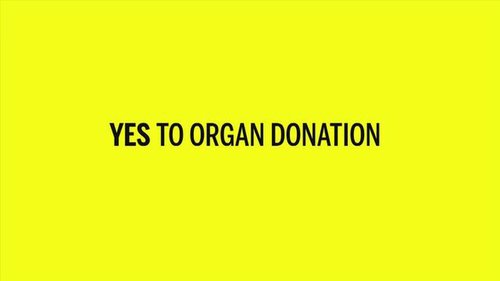If you talk to any behavioral economist for more than 2 minutes, you’ll probably hear about the ‘organ donation study’.
It’s seen as the most successful behavioral economics case-study out there.
But there’s one small problem with it: it’s complete BS.
Yep—I said it.
The organ donation nudge is baloney, nonsense, hokum.
Here’s why:
It’s not actually causing anyone to change their behavior.
Here’s how the intervention works:
When someone signs up for a driver’s license (or a government ID), there’s a checkbox that they can mark in order to become an organ donor.*
Unsurprisingly, when you require people to check a box to enroll in a program like this, very few people do.
Few people pay close attention to these types of forms (they just rush through), and even fewer people want to think about some stranger sawing out their kidneys… so they disregard or skip over the question.
So, to increase this number, some behavioral economists had the genius idea to automatically register everyone as an organ donor and require them to check a box (or send in a letter) to opt-out of the program. In short: they made the program opt-out instead of opt-in.
The result? Massively increased organ donation participation rates.
It seems like a success, right? Well… it does until you actually think about what the program is doing.
It’s not getting anyone to actually change their behavior.
Instead, it’s merely tricking people into giving some third party permission to cut out their organs when they pass away.
Calling that “behavior change” is a stretch.
I think a better name for it would be “coy coercion”.
When most people think about changing behavior, they think about getting someone to exercise consistently, eat better foods etc… in other words they think about people DOING things. They don’t think about people getting things done TO them (which is what an organ donation program is all about).
There are tons of amazing behavioral economics case studies out there that don’t involve this sort of trickery… it’s sad that this one hogs the limelight.
So the next time that someone brings up the “organ donation case study” as a great example of behavior-change, smile and tune out the rest of what they say. You’ll thank me later.
Until tomorrow,
Jason
*In many of the countries studied, the entire population was just auto opted-in (there was no ID/license checkbox). To get out required jumping through a bunch of hoops, calling a bunch of agencies, etc. Amazing behavior change, right? 😛





